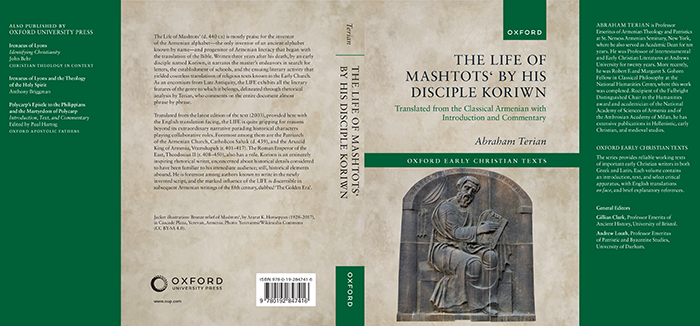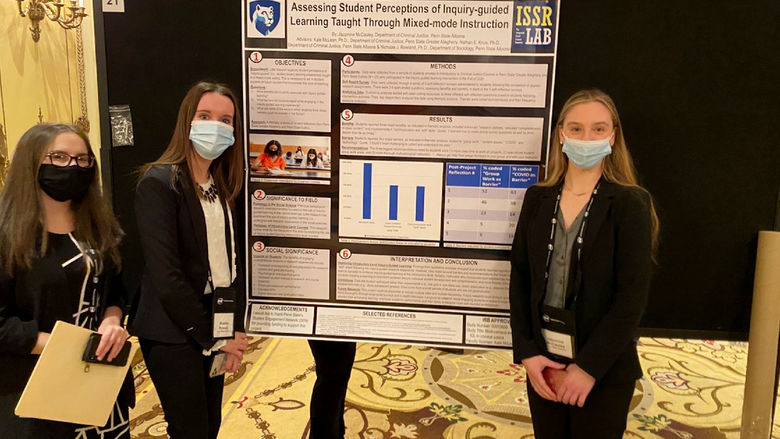The life of Mashtots’ by his disciple Koriwn • MassisPost

Translated from Classical Armenian with introduction and commentary
by Abraham Teryan
The life of Mashtots (d. 440 CE) is above all a eulogy for the inventor of the Armenian alphabet – the only inventor of an ancient alphabet known by name – and the progenitor of Armenian literacy which began with Bible translation. Written three years after his death, by an early disciple named Koriwn, it recounts the master’s efforts in researching letters, the founding of schools, and the ensuing literary activity which produced countless translations of religious texts. known in the early Church. Like a eulogy to Late Antiquity, the LIFE exposes all the literary characteristics of the genre to which it belongs, delimited by the rhetorical analysis of Terian, who comments on the whole document almost sentence by sentence.
Translated from the latest edition of the text (2003), provided here with the facing English translation, LIFE is quite gripping for reasons other than its extraordinary narrative scrolling past historical figures playing collaborative roles. Foremost among them are the Patriarch of the Armenian Church, Catholicos Sahak (d. 439), and the Arsacid King of Armenia, Vr ?amshapuh (r. 401-417). The Eastern Roman Emperor, Theodosius II (r. 408-450), also has a role. Koriwn is an eminently inspirational rhetorical writer, indifferent to historical details considered familiar to his immediate audience; however, historical elements abound. He is the first among authors known to write in the newly coined script, and the marked influence of LIFE is noticeable in later fifth-century Armenian writings, dubbed “The Golden Era”.
ABRAHAM TERIAN is Professor Emeritus of Armenian Theology and Patristics at St. Nersess Armenian Seminary, New York, where he also served as Academic Dean for ten years. He was Professor of Intertestamental and Early Christian Literature at Andrews University for twenty years. Most recently, he was a Robert F. and Margaret S. Goheen Fellow in Classical Philosophy at the National Humanities Center, where this work was completed. Recipient of the Fulbright Distinguished Chair in the Humanities and Academician of the National Academy of Sciences of Armenia and the Ambrosian Academy of Milan, he has numerous publications on Hellenistic, early Christian and medieval studies.






